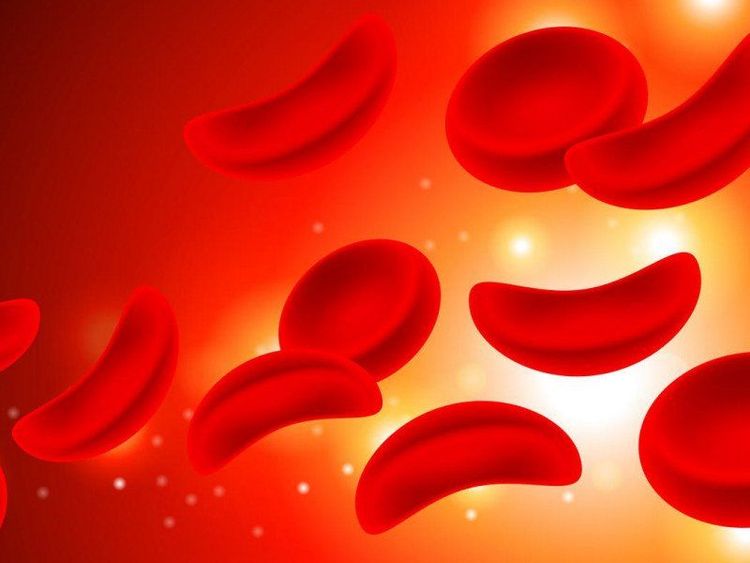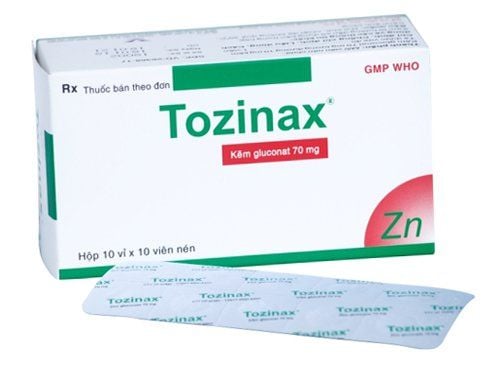This is an automatically translated article.
Any parent wants their child to be tall, healthy and comprehensively developed. However, in some cases, children do not grow in height or children are always shorter than their peers.1. What is normal height growth?
Normally, a newborn baby is 48 - 52 cm tall, with an average of 50 cm. In the first year, the baby grows about 20 - 25 cm. The second year increases by 12 cm. The third year is 10 cm taller. Next year increase 7 cm. From 4 to 11 years old, children gain an average of 6 cm per year. By puberty, girls grow about 6 - 10 cm per year. Boys grow from 6.5 to 11 cm per year.2. What is growth retardation?
The case where the child does not achieve the growth milestones in height according to each age mentioned above is called delayed in height growth. In this case, the doctor advises parents to take the baby to the doctor and screen for factors that slow growth in height early for timely intervention.Signs to identify children with growth retardation:
Parents can rely on the following signs to identify their child with growth retardation such as: dwarfism, delayed height growth, for children of average weight often have a chubby appearance, a "younger" face compared to age,... When detecting the child has the following signs: Height does not reach milestones according to age or height grows slowly (<5cm) /year for children 3 years and older), parents should take the child to a specialist doctor for diagnosis and treatment as soon as possible. As such, the child can reach a normal height as an adult.

Chiều cao không đạt được các cột mốc theo độ tuổi hoặc chiều cao tăng trưởng chậm
MORE: Slow growth due to lack of growth hormone?
3. Causes of growth retardation in children
Currently, many parents, when they see signs of delayed growth in height, often think that it is due to nutrition and genetics. In fact, slow growth in height is not only related to nutritional factors but also due to many other causes. Studies show some common causes of growth retardation:
3.1. Growth hormone deficiency The child's body does not produce enough growth hormone, resulting in hormone deficiency. This condition can occur at any point in life, from congenital causes or damage to the pituitary gland, from head trauma, from brain tumors, or from infections such as meningitis and encephalitis. .. Some cases of growth hormone deficiency have no known cause. The prevalence of growth hormone deficiency is estimated to be about 1 in 4,000 to 1 in 10,000 babies.
Growth hormone is an important factor for the comprehensive development of children and determines the height. Growth retardation due to lack of growth hormone, children need to be detected early and treated promptly before puberty can bring optimal effect. For hormone treatment to be effective, it needs to be conducted at the right time, at the right dose, preferably between the ages of 4-13 years old. If after this time, the cartilage of the child's bones closes, the use of growth hormone is no longer effective.
3.2. Hypothyroidism Thyroid hormone directly affects growth and metabolism in the body. The body does not secrete enough of this hormone which can cause growth retardation.
3.3. Genetics Parents with short height often have short children and vice versa. According to genetic factors, the height of an adult child is calculated by the formula:
Daughter height = (father's height - 13cm + mother's height)/2. Son height = (mother's height + 13cm + father's height)/2. 3.4. Malnourished fetuses Malnourished fetuses are often born with low birth weight and slower physical growth than their peers. This condition is also known as fetal undernutrition.
3.5. Turner syndrome This syndrome is seen in girls with X-chromosomal abnormalities.
3.6. Down syndrome Down syndrome leads to growth retardation in children.
3.7. Anemia Some anemia conditions, such as sickle cell anemia, also cause growth retardation in children.

Thiếu máu hồng cầu hình lưỡi liềm cũng gây chậm tăng trưởng ở trẻ em
3.9. Use of drugs during pregnancy Children with growth retardation, stunting may be the result of indiscriminate use of drugs when the mother is pregnant.
3.10. Poor nutrition Nutrition plays a very important role in the growth of children. Children with chronic malnutrition will greatly affect the growth of height.
4. Treatment for children with growth retardation
The doctor will give the pediatric patient a number of specialized tests and tests to make a definitive diagnosis such as: Blood test to identify acquired diseases, measure the age of the bones, diagnose brain imaging to see if the patient has tumor or abnormality (pituitary tumor) or not,... in order to determine the exact cause of growth retardation in children to give appropriate treatment.
If the doctor determines that the child has a growth hormone deficiency and needs treatment, the doctor will prescribe a growth hormone supplement every day. Children with growth hormone deficiency are treated early (right from the time when children start to slow down in height growth) will see the effect, the child will develop almost like other normal children.
To improve growth retardation in children, parents should supplement children with supportive products containing lysine, essential micro-minerals and vitamins such as zinc, chromium, selenium, and B vitamins to help meet their full needs. meet the nutritional needs of children. At the same time, these essential vitamins also support digestion, enhance nutrient absorption, help improve anorexia, and help children eat well. Parents can also apply dietary supplements and functional foods derived from nature for easy absorption by the baby. The most important thing is that the improvement of the baby's symptoms must take place over the long term. Combining many types of functional foods at the same time or changing many types in a short time can make the baby's digestive system unable to adapt and completely not good. Therefore, parents must be really persistent with their children and regularly visit the website vimec.com to update useful baby care information.













